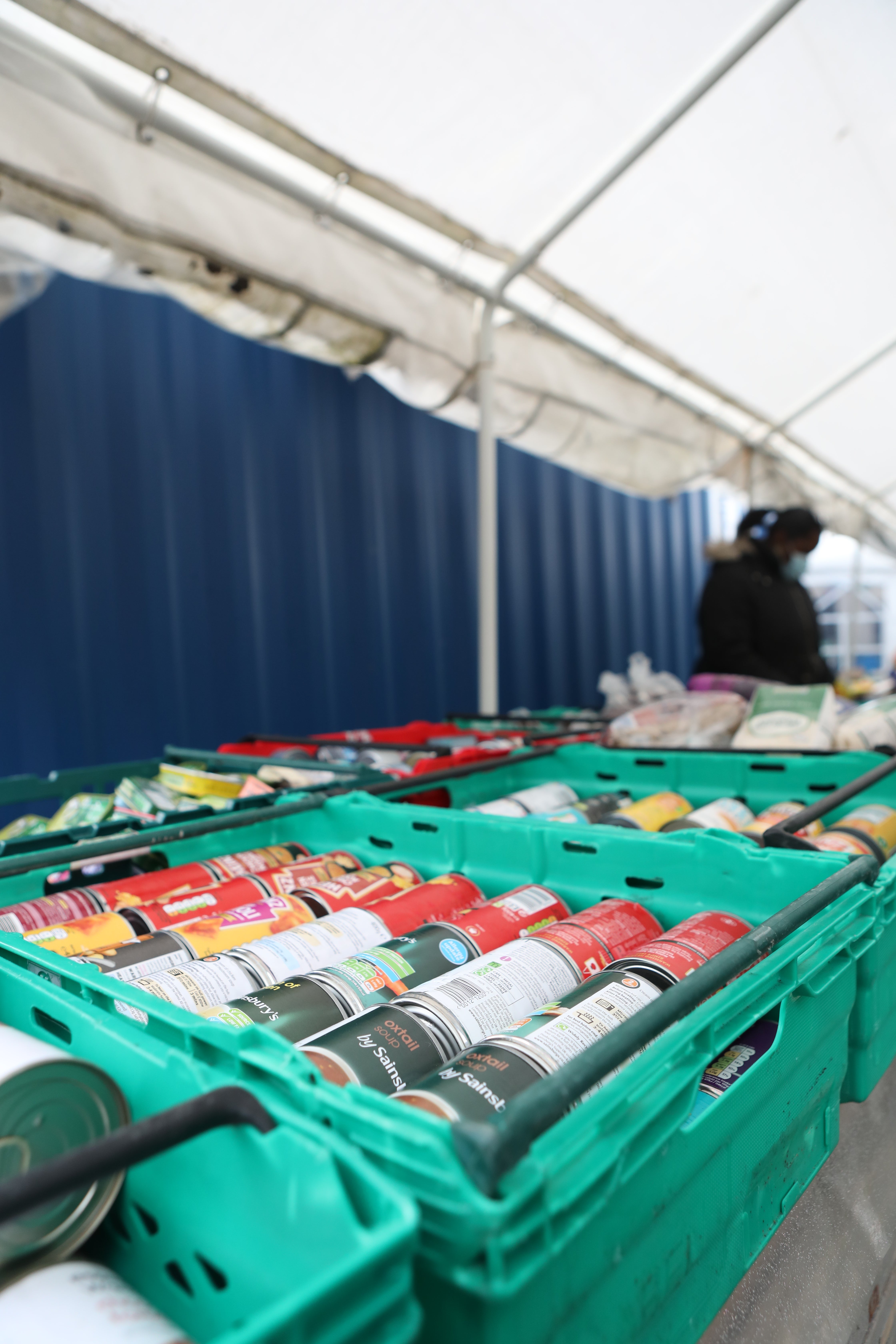Tenth of students turning to food banks over cost-of-living crisis – survey
Students are turning to credit schemes such as Klarna as they struggle with the cost-of-living crisis, a National Union of Students survey found.

More than one in 10 students are using food banks because they cannot make ends meet during the cost-of-living crisis, according to a survey.
The survey of more than 3,500 university students by the National Union of Students (NUS) found that 96% were cutting back as a result of the crisis, with one in five unable to buy toiletries and one in 10 unable to buy sanitary products when needed.
A third of students were living on less than £50 per month after paying rent and bills, the survey found.
Huge increases in the price of bills, food and living costs coupled with soaring rent has students on the brink. Huge increases in the price of bills, food and living costs coupled with soaring rent has students on the brink.
Huge increases in the price of bills, food and living costs coupled with soaring rent has students on the brink.
Four in 10 (42%) said they are unable to make it on to campus or are being forced to travel less, and 41% were neglecting their health so that they could save money, for example through missing out on dental appointments.
Nine in 10 (92%) said the crisis was impacting their mental health, with nearly a third (31%) saying that rising costs were having a “major” impact.
Just a fifth (20%) of students said they had received any support from the UK Government or their devolved government and only 8% said they felt their government was doing enough to support them.
Students reported that their maintenance funds were not enough to pay for a weekly shop, travel to their university or cover energy bills.
The data also revealed a cost-of-learning crisis, with three-quarters of students saying they would be unable to pay for course materials without more support.
Eight in 10 (83%) students had sought financial support through other means, such as using credit cards, buy now and pay later credit schemes such as Klarna, or taking out bank loans.
Half (53%) of students said they had turned to family and friends for support, while 40% had reached out to them for loans.
A third of students said the cost-of-living crisis had also impacted their families.
The survey found that 11% were using food banks, up from 5% in January 2022.
Students with caring responsibilities, disabilities, those who are estranged from their families, and those from poorer backgrounds have all been affected more by the crisis.
An NUS spokesperson said: “Huge increases in the price of bills, food and living costs coupled with soaring rent has students on the brink.
“We’re hearing from students struggling to get by, who can’t afford to do their laundry and are cutting back on showers to make ends meet. They can’t even cover the cost of getting to the library or classes.
“This is having a severe impact on their mental health, being kept awake at night due to finances.
“We’re seeing stress and anxiety piling on them from bouncing debt between different cards to stay afloat.
“Despite all of this, students are being completely ignored by the Government. These findings are bleak; we’re knee deep in a cost-of-learning crisis that will affect the poorest students the hardest.”
The NUS said the Government needed to put a tailored cost-of-living support package in place for students, adding that the student maintenance package and apprentice minimum wage needed to be brought into line with the living wage.
One student at Plymouth University said they had found themselves “doing this really precarious juggling act, bouncing debt around different balance transfer cards and having to make considered purchases using services like Klarna”, adding that it felt like they were living in a “house of cards” that was about to fall down.
A student at York St John University said: “The cost of living has increased tremendously. I can barely afford rent and bills with my student loan. I have no money remaining for food and petrol. I have a part-time job and trying to support myself but it is not enough.”
Bookmark popover
Removed from bookmarks